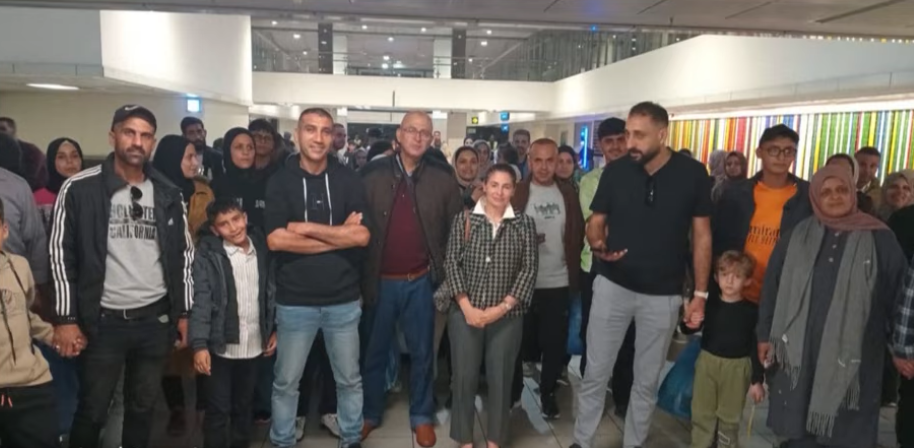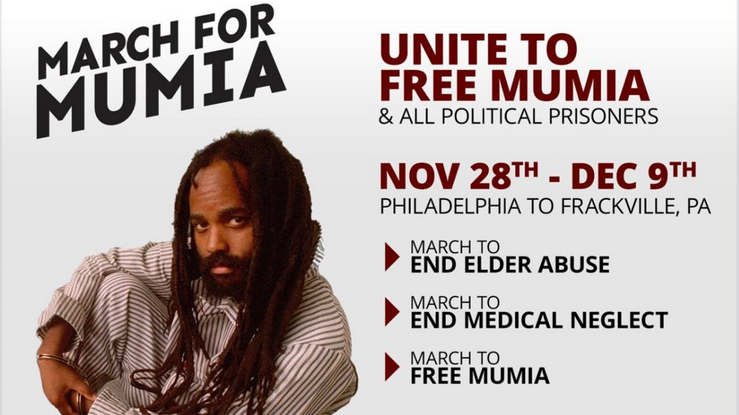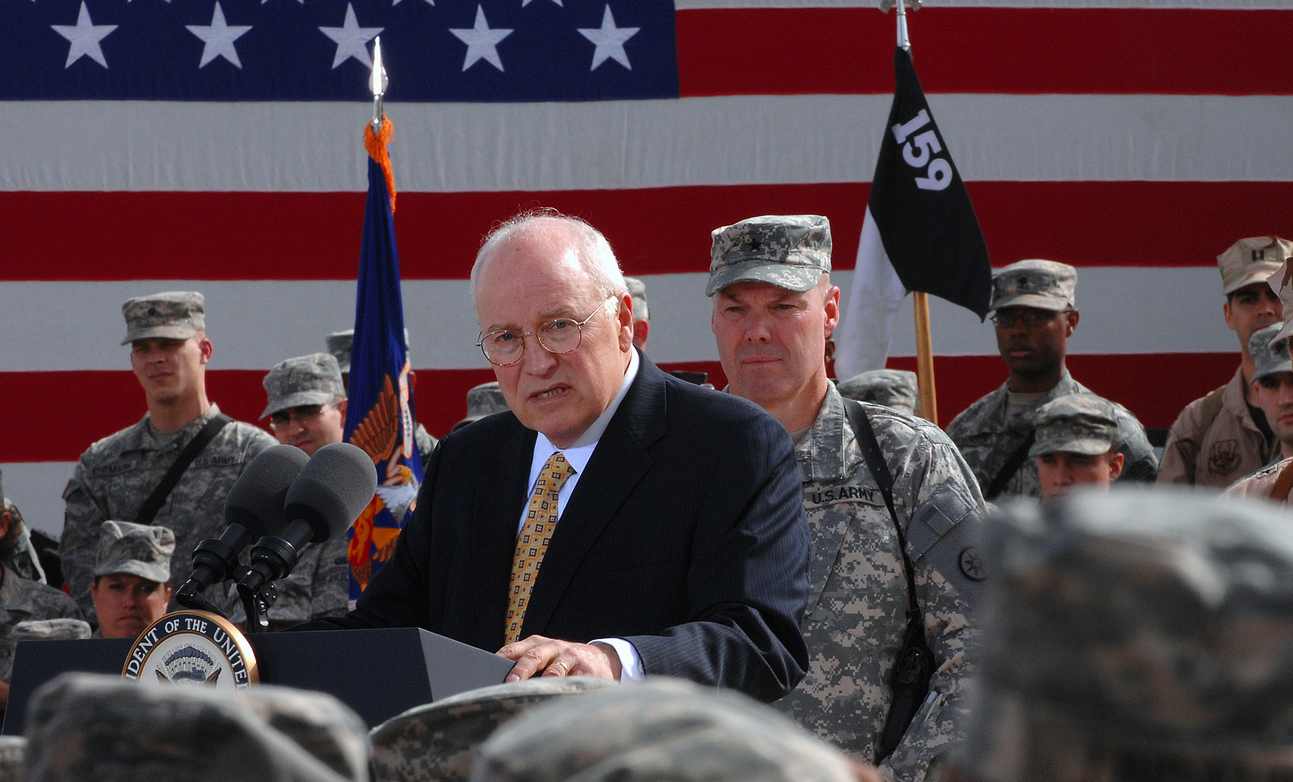Sahrawis have been fighting for independence since Hassan II ordered Morocco’s invasion
These are the voices of Sahrawis, exiled from their homes in Western Sahara, and making a life for themselves under harsh conditions as refugees in camps in Tindouf.
Western Sahara is Africa’s last colony; occupied by Morocco for 40 years now since the end of Spanish colonial rule.
The country, which is recognized by other African countries and the African Union, covers 103,000 square miles: it borders Morocco to the north, Algeria in the northeast, and Mauritania to the east and south. It is rich in phosphates, salts, and has billions of dollars worth of fish on its long coastline; Morocco exports the fish illegally. There is oil and gas exploration.
It was King Hassan II, the late father of the current one Mohammed IV, who declared a so-called Green march on the November 6, 1975, sending 350,000 Moroccan citizens and 150,000 soldiers into the Western Sahara.
Mauritania renounced its claim and withdrew in 1979; Polisario and Morocco have been in a state of war since then.
On September 6, 1991, a cease-fire was brokered by the United Nations, in order to organize a referendum in Western Sahara on a “Settlement plan” for the Sahrawi people. They could choose between integration with Morocco or independence. Morocco has blocked the referendum from being held for two-and-a-half decades.
Mohammed Bachar, now 48 years-old fled Morocco’s invasion in 1975, when he was only nine years old. He’s now a grandfather here in the camp.
“The only thing I remember from my hometown Layoun is the delicious breakfast my mom used to prepare, the milk, and sweet bread,” he recalls. Bachar came with his uncle who took care of him until he became 18 after which he joined Polisario, the Sahrawis liberation army.
Polisario declared the Sahrawi Arab Democratic Republic, SADR, on February 27, 1976.
Bachar is now a grandfather. He has four daughters, two sons, and two grandchildren. He is in the biggest of the five Sahrawi refugee camps Smara. Three generations of one family in exile.
Bachar studies English “to be able to share his story with the others” around the world, he says.
Tens of thousands of Sahrawis were obliged to flee their home and leave everything behind, From Layoun the Capital of Western Sahara to Dakhla, following the Moroccan invasion.
Within days of end of Spanish colonialism, a secret deal to partition Western Sahara was signed between Spain, Morocco, and Mauritania. Known as the Madrid Accord it partitioned the region into three.
Then with Morocco’s invasion, the Sahrawis, including innocent women and children had to walk hundreds of miles to flee the aggression that included bombings. Men fought back by joining Polisario Front — popular movement for the liberation of Sagiet El Hamra and Wadi edhab. Algeria welcomed the Sahrawis and gave them refuge in the Southwest corner of the country in Tindouf.
The Sahrawis had no choice but to cope with the facts of their surrounding environment. They built houses of mud bricks, and sewed tent-shelters out of the fabric that was given as humanitarian aid by the UN.
Living in a tent in Smara refugee camp, the three generations of the Bachar family confront hard conditions of everyday life. The heat goes up to an oppressive 122 degrees. The seasonal wind and rain can sweep the mud-houses that they spent years trying to construct.
Bachar recalls the “dreadful” war against Morocco. Still, “the hardest thing is to watch your children and grandchildren live without a home”, he says.
Abba Mohammed Lamin, was born as a refugee and has never seen his homeland.
Like many of his generation Abba had to leave the camps as soon as he finished secondary school. He went to Algeria to finish his post-secondary education. In 2002, Abba was selected with 10 other Sahrawis to pursue their university studies in Cuba, in Cienfuegos at the university of Dr. Dorticos Torrado. After earning his medical degree with a focus on Stomatology –dental medicine– Dr. Abba came back to the camps to treat fellow Sahrawis. He is now a father of two children, Nura a two year-old girl and Mohammed a 6-months old boy. He hopes that they will one day live in their own country.
Dr. Abba diagnoses children at the Sahrawi National Hospital in Rabuni. He has found enough time to volunteer and he’s founded a school health program that covered all five camps that are named after the Moroccan-occupied territories of Western Sahara: Layoun, Smara, Boujdour,Ausard, and Dakhla. Last year, the program reached 40,000 Sahrawi children in both liberated territories –the areas in Western Sahara that Polisario successfully defended from Morocco– and the camps.
“It is priceless to treat children, although hard to imagine them living the rest of their life in exile”, Dr. Abba says.
Here in this desert camp, the Sahrawi refugees with the little they had, managed to organize a government apparatus, run by the Polisario. Every four years the Sahrawi hold democratic elections for their leaders in a process that has been ongoing since they arrived on Algerian soil.
Mulay Ahmed Liasa, is 26 years old. He also was born a refugee. He studied journalism at the University of Talemsan, Algeria. He now works as a news-editor at Sahrawi Arab Democratic Republic Television, RASDTV, which started airing in 2008, in Spanish.
He says RASDTV offers Sahrawis space to speak out. “I hope that I will live that day when I can present the news of a free Western Sahara from its capital, Layoune”, Ahmed says.






